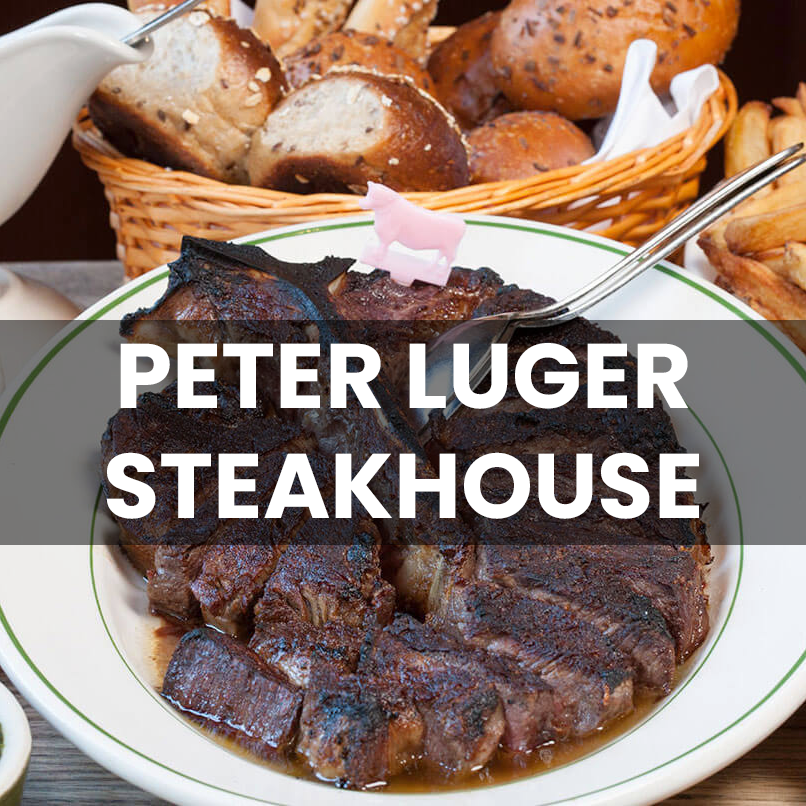Breastfeeding vs Formula Feeding : What’s Best for Your Baby?
The question of Breastfeeding vs Formula Feeding often arises, and it’s filled with advice, opinions, and sometimes even judgment. One of the earliest and most personal decisions you’ll make as a parent is how to feed your baby. The truth is, every baby and family is unique. Understanding the benefits, challenges, and nuances of both approaches can help you choose what feels right for you and your baby.
Breastfeeding is Nature’s Perfect Formula
Breastfeeding is often called the “gold standard” for infant nutrition. Breast milk is packed with nutrients, antibodies, and enzymes that adapt to your baby’s changing needs.
Benefits of Breastfeeding
Dynamic Nutrition: Did you know breast milk changes composition during a single feeding? The foremilk at the start of a session quenches your baby’s thirst, while the richer hindmilk satisfies their hunger. Over time, your milk adjusts to your baby’s age and even responds to illnesses by increasing protective antibodies.
Microbiome Boost: Breastfeeding helps populate your baby’s gut with healthy bacteria, which can influence digestion, immunity, and even brain development later in life.
Challenges to Keep in Mind
While breastfeeding offers unmatched benefits, it’s not always easy. For moms weighing Breastfeeding vs Formula Feeding, factors like low milk supply, latch problems, or returning to work can make breastfeeding more challenging. Support from lactation consultants or breastfeeding groups can help overcome these obstacles.
Formula Feeding: A Reliable Alternative
Formula feeding is a safe, balanced, and regulated option designed to meet your baby’s nutritional needs. Formula offers a practical alternative for many families.
Benefits of Formula Feeding
Predictability: Formula ensures your baby receives the same nutrients in every feeding, which can be reassuring if you’re worried about milk supply variations.
Shared Responsibility: Bottle feeding allows other family members to bond with your baby, giving moms a chance to rest or focus on other aspects of parenting.
Tailored Options: Specialized formulas exist for babies with allergies, reflux, or other dietary needs, offering flexibility that breast milk cannot always provide.
Things to Consider
Formula feeding, while convenient, can be costly and doesn’t contain the antibodies or live enzymes found in breast milk. Additionally, some babies may need time to adjust to a formula that suits their digestive system.
What About Combination Feeding?
It’s not always a question of “breastfeeding or formula feeding.” Many families find a middle ground with combination feeding, where breast milk and formula are used together. This approach is an excellent option for parents navigating the Breastfeeding or Formula Feeding decision, offering flexibility while maintaining some of the benefits of breastfeeding.
A Final Thought: You’re Doing Great
When it comes to Breastfeeding vs Formula Feeding, the most important thing is that your baby is fed, loved, and thriving. Feeding your baby is about more than nutrition—it’s about connection, care, and understanding what works best for your unique family.
Parenthood is filled with choices, and no one knows your baby better than you do. Trust yourself, embrace the process, and know that you’re making the best decision for your baby, one loving feed at a time.







